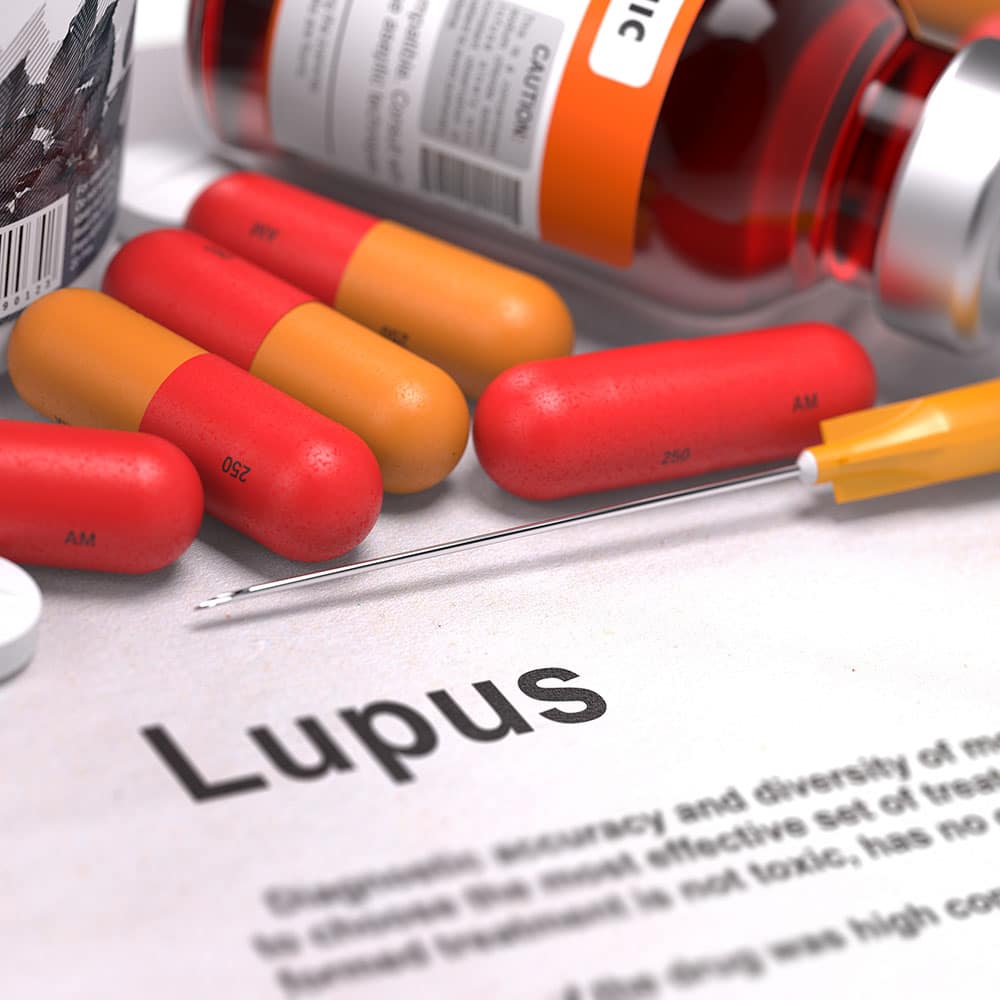Experts from Ohio State’s Wexner Medical Center, revealed that exercise helps, and stress hurts patients afflicted with Lupus. Lupus is a menacingly painful and debilitating disease resulting from severe inflammation of the joints and surrounding tissue. The problem is that exercise is very difficult when joints are inflamed, and energy levels are low with this disease.
Senior author Nicholas Young began by using mice, and found that 45 min of treadmill work daily greatly reduced kidney damage from inflammation. They found a tremendous reduction in inflammatory biomarkers in the exercise group vs the non-exercise group.
In addition, they induced repetitive social disruption (stress) to the same group and then researched the same bio-markers. Not surprisingly the makers were markedly higher; causing significant kidney damage.
In Frontiers in Physiology, Young relates that Lupus patients are in so much pain that they really don’t want to, or can’t get out of bed. Therefore, exercise is questionable, even though it could be some of the best medicine.
In a new small study on humans, he looked for similar results. If so, then it is reasonable to assume that stress reduction and daily exercise could benefit humans in a similar manner with healthier kidneys and decreased inflammation of other tissue and joints such as with Lupus. This might greatly offset the need for many medications that can eventually be harmful, such as steroids.
By putting a small group of Lupus patients on a Tai Chi regime SMILE (Stress Moderation Impacting Lupus with Exercise) for stress reduction and moderate exercise, he found excellent results and co-ordination with the animal study. The inflammation bio-markers were greatly reduced.
Young presented his results to the American College of Rheumatology and the European League Against Rheumatism conferences. They are now looking for funding for a larger study. If the findings hold true in the larger study, there may be real hope for chronic inflammatory and auto-immune diseases such as Lupus.
He and his team then postulate that similar results may affect other diseases such as arthritis and gout, and pledges more research from his team.
Dr. Ronald Klatz, President of the A4M, on Oct 20, 2017 says, “Lupus and its less severe cousin osteoarthritis are miserable conditions for hundreds of millions across the globe. Exercise has always been a prime recommendation for arthritic patients. Marshaling the body’s own defense system through exercise and nutrition has always been a primary goal of reducing age-related disorders.”




